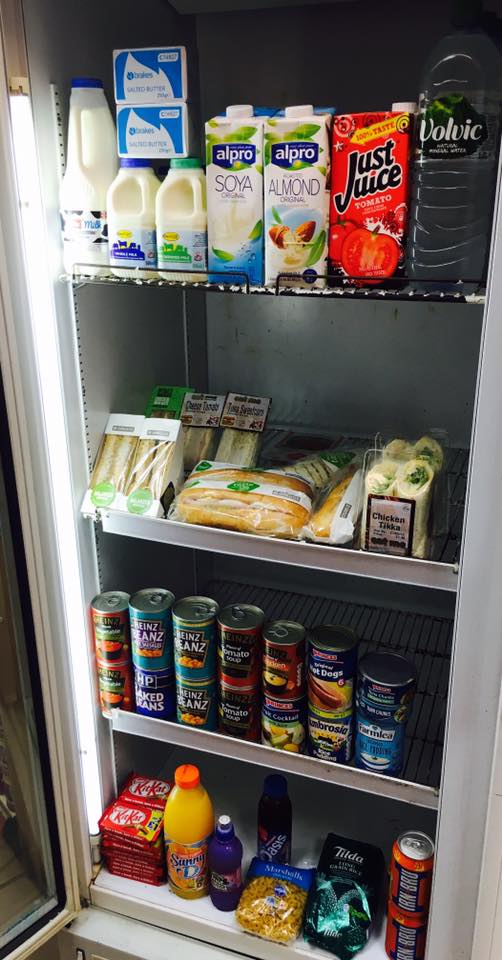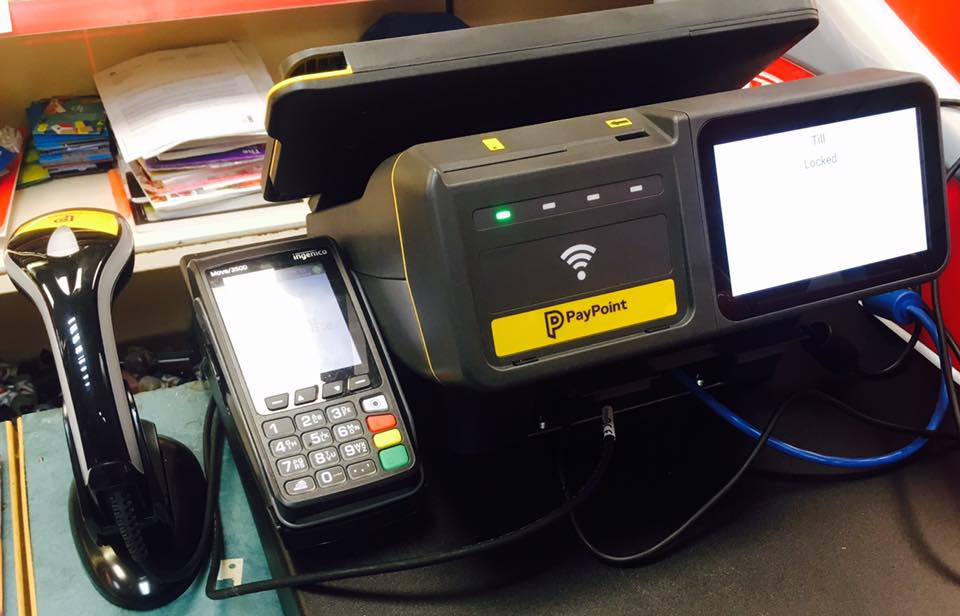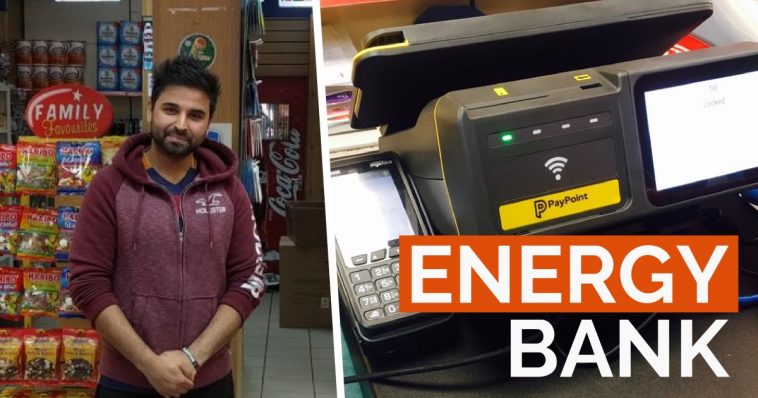The harsh winter months are a time when many people in Britain struggle to afford to heat their homes.
In particular we have the elderly, many of whom are too terrified to put the heating on due to affordability and the high costs of their utility bills. Fuel poverty is not limited to pensioners and with spiralling costs, even middle class families have started to feel the pinch.
Frustrated with the lack of help and to highlight the severity of the situation, 32-year-old, Rehman Afzal, a shop keeper from Paisley, Scotland has launched a winter Energy Bank scheme whereby those in need have their energy meter cards generously topped up with £5 to for home energy.
The innovative and kind-hearted scheme has already attracted nearly a dozen people who have benefited from the energy bank which operates from his shop in Paisley, Scotland.
The altruistic Scot’s entrepreneurial spirit is a big factor in supporting worthy causes and he also runs the Community Cabinet and Community Fridge – projects which feed the town’s needy residents.

Rehman firmly believes that fuel poverty is one of the worse issues affecting people and he is determined on helping the fight against it.
Generous donors and the local business community provide financial aid for the Energy Bank and users who are legitimately in need undertake a discreet screening process to determine their suitability before receiving help.
Since launching Paisley’s first Community Fridge, Rehman and his team of volunteers have distributed hot food to almost 5,000 needy people. His goodwill has been recognised with a Scottish Provost’s Award.
Speaking to IlmFeed Rehman commented, “To have access to heat and warmth is just as important as food and nutrition. The support we provide is the difference between a family being able to enjoy a hot or cold meal which will impact people’s health positively.
“There is also the physical and mental well-being aspect to consider. Even now we have no real idea as to the real effect the inability to keep warm in winter has on the mind and body.
“Our winter Energy Bank is as a result of the goodwill of those who are in a better financial position to help those less fortunate by donating through our paypoint system. All withdrawals and donations are monitored and logged on our Epos system.”

Those who are eligible for help will present evidence of their benefits entitlement in order to register with the Winter Energy Bank before they receive assistance.
Rehman believes that the scheme is a winner and brings out the best in the community. He has urged the greater business community to back schemes like this and has even contacted energy firms asking for support.
Almost 6 million people in the UK have a prepayment meter mainly due to financial hardships. Rehman feels a lot of good work can be achieved here, “The market is huge and Energy Banks like ours can be replicated easily and on a larger scale. Convenience stores can be a good starting point and the big firms can take advantage of a great opportunity to give something back. It’ll be a great case of putting people before profit.”
Rehman is operating in an area rife with poverty – The neighbouring Ferguslie Park is the most deprived area in Scotland. He is passionate about what he does, “For me this is how we as humans should be conducting ourselves all the time. Unfortunately not everyone is in the same financial position and we can chose to support each other. My concept of the Convenience Store Support Scheme (C Store Support) will encourage shopkeepers to pool resources together to support the vulnerable.”
Rehman has plans to form a book bank to support college and university students through the sharing of textbooks which are often hoarded at home after use. He has received a letter from the House of Commons describing his Energy Bank scheme as “a revolutionary idea,” and Glasgow University students have taken an interest in what he’s trying to promote through his activities. Apart from this he has had contact with energy bosses to discuss and highlight energy poverty.
Fuel poverty is an increasingly serious situation where a family or household on a low income live in a home that can’t be kept warm at a reasonable cost.
According to National Energy Action it’s estimated that 4 million people live in fuel poverty in the UK. Every winter, they’re faced with the choice between heating their homes and eating a cooked meal.



